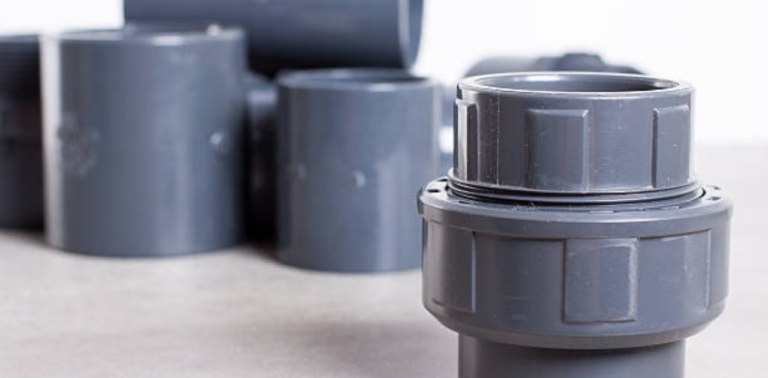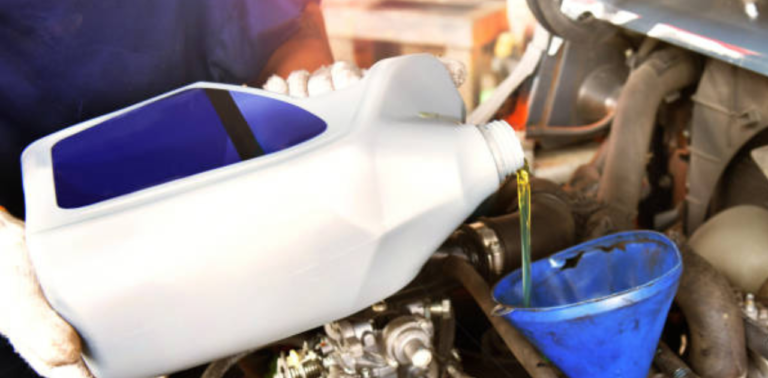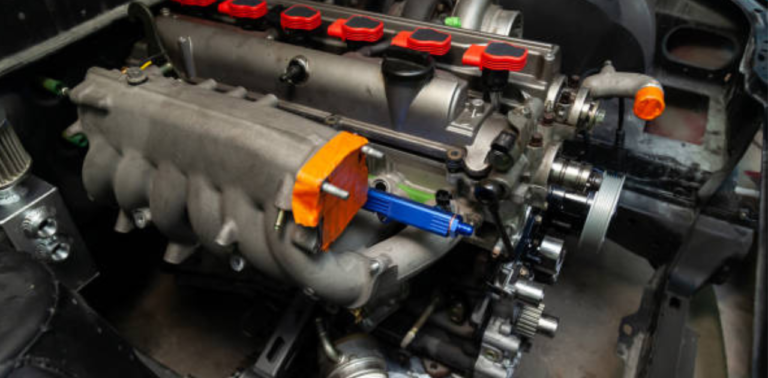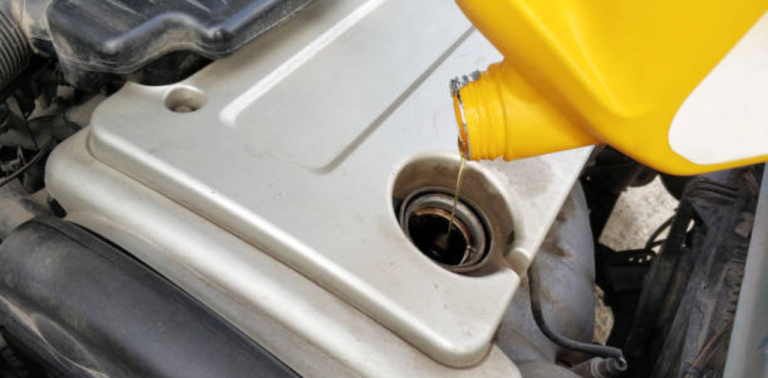Can WD-40 Substitute Engine Oil? Exploring the Truth
When it comes to DIY automotive maintenance, many people have wondered about the potential alternative uses of products like WD-40 substitute engine oil. One common question that arises is whether WD-40 can substitute engine oil in a pinch. In this article, we’ll delve into this topic and explore whether WD-40 can truly replace engine oil. But before we get into that, let’s answer the basic questions:
Can you use WD-40 as engine oil?
In short, you should not use WD-40 as a substitute for engine oil. While WD-40 is a versatile and handy product for various purposes, It is not designed to function as an engine lubricant. The primary reason behind this is that WD-40 and engine oil serve fundamentally different purposes in the operation of a vehicle.
Engine oil, often referred to as motor oil, plays a crucial role in the engine’s function. It provides lubrication to various moving parts, reduces friction and heat, helps in cooling the engine, and prevents corrosion and rust. Engine oil is formulated to withstand high temperatures and pressures inside an engine.
On the other hand, WD-40 substitute engine oil is a penetrating oil and water-displacing spray. It is primarily designed for tasks like loosening rusted bolts, displacing moisture from electrical connections, and cleaning various surfaces. While it does offer some lubrication, it is not engineered to handle the extreme conditions and demands that an engine oil must endure.
Using WD-40 as a substitute for engine oil can lead to severe engine damage. It lacks the necessary viscosity and heat-resistant properties required to keep an engine running smoothly. Instead of protecting your engine, it might cause more harm than good.

Is WD-40 the same as oil?
The answer to this question is a clear no as well. WD-40 and engine oil are not the same; they are entirely different substances with distinct properties and purposes.
WD-40, as mentioned earlier, is a multipurpose product that serves as a penetrating oil, rust remover, and moisture displacer. It is made up of a combination of several chemicals and solvents that are intended to remove rust and temporarily lubricate components.WD-40 is not formulated to provide long-term lubrication or protect against the extreme conditions found within an engine.
Engine oil, on the other hand, is a specially formulated lubricant designed for the automotive engine’s specific needs. It typically consists of base oils and additives that reduce friction, cool the engine, and protect against wear and tear. Engine oil undergoes rigorous testing and quality control to ensure it meets the requirements of modern engines.
To emphasize the point, using WD-40 as a replacement for engine oil can lead to catastrophic engine failure. It lacks the essential properties needed to keep an engine running smoothly and efficiently.
Always get advice from a competent mechanic or your vehicle’s owner’s handbook while performing any automobile repair operation. The best way to keep your car operating smoothly and save money on repairs is to follow safe driving habits and good maintenance habits.
.
Now that you have a clear understanding of why WD-40 should never be used as engine oil, make sure to prioritize the health and maintenance of your vehicle’s engine by using the right products and following recommended maintenance schedules. Your vehicle will thank you with reliable performance and longevity.
Common Misconceptions about WD-40 Substitute Engine Oil
It’s critical to dispel a few widespread myths regarding WD-40 and its usage in automotive applications before we examine whether it can replace engine oil.

Misconception 1: WD-40 Improves Fuel Efficiency
Some people are interested in using the WD-40 oils for engines that would improve fuel economy. This is a false impression. While engine oil plays a crucial role in minimizing friction and heat, thus indirectly affecting fuel efficiency, WD-40 is not formulated to provide the long-term lubrication needed to achieve this goal. Using WD-40 in your engine can lead to reduced efficiency due to increased friction and heat generation.
Misconception 2: WD-40 Can Be Used as an Engine Flush
Another misunderstanding is that WD-40 can be used as an engine flush to clean out sludge and deposits. Engine flushes are typically conducted using specialized products designed for the purpose, not WD-40. Attempting to use WD-40 in this manner can result in damage to engine components and inadequate cleaning.
Misconception 3: WD-40 as a Temporary Lubricant
Some may argue that in emergencies where you have no access to engine oil, WD-40 can be used as a temporary lubricant. While it is true that WD-40 can provide some short-term lubrication for certain parts, it is not a suitable or safe substitute for engine oil. The potential risks to your engine far outweigh any temporary benefits.

The Bottom Line
The bottom line is that WD-40 substitute engine oil should only used for its intended purposes, such as loosening rusted parts, displacing moisture, and cleaning surfaces. Attempting to use it as a replacement for engine oil or in ways it wasn’t designed for can result in serious damage to your vehicle’s engine and costly repairs.
Remember that engine oil is a critical component of your vehicle’s operation, and using the right type and grade of oil is essential for maintaining engine health. Always follow the manufacturer’s recommendations and adhere to a regular oil change schedule to ensure your engine performs optimally and remains in good condition.
In conclusion, while WD-40 is a valuable tool for many automotive and household tasks, it should never be considered a substitute for engine oil. Protect your vehicle’s engine by using the right products and following recommended maintenance practices, and you’ll enjoy a smoother and more reliable driving experience.
By adhering to proper maintenance practices and understanding the limitations of products like WD-40, you’ll ensure that your vehicle’s engine stays in excellent shape for years to come.
Conclusion:
It’s not a good idea to use WD-40 substitute engine oil in place of engine oil since it can severely harm engines and need costly repairs. For your car to be properly maintained, you must follow the manufacturer’s recommendations for engine oil type and grade. Regular oil changes using the appropriate engine oil are necessary to ensure the longevity and optimal performance of the engine. When uncertain about any automotive maintenance task, it is essential to seek advice from a qualified mechanic or refer to the vehicle’s owner’s manual to maintain safety and proper maintenance practices, ultimately keeping the vehicle running smoothly and preventing costly repairs.






